APPROVED
Director of Secondary School No. 2, Makaryev
____________S.A. Baranova
Regulation on the Procedure for Students Attending Events Not Provided for in the School Curriculum
1. General Provisions
1.1. This Regulation on the procedure for students attending events not provided for in the school curriculum has been developed in accordance with the Law of the Russian Federation "On Education in the Russian Federation" No. 273 dated 29.12.2012, the Charter of the School, and aims to ensure students’ rights and regulate the organization of educational events.
1.2. This Regulation establishes requirements for attending class and school extracurricular events not included in the school curriculum and is mandatory for all staff, students, and parents (legal representatives).
1.3. Events not included in the school curriculum include: general school and class celebrations, evening events, discos, events held within thematic months and campaigns, creative contests, quizzes, academic olympiads, scientific-practical conferences, excursions, sports competitions, flash mobs, self-governance days, ecological clean-up campaigns, leisure and recreation camps, as well as other events stated in school director’s orders.
1.4. Attendance of such events is optional and depends on students’ availability, provided the event aligns with the educational programs of the institution and matches the students' interests and needs.
1.5. Attendance is coordinated with parents (legal representatives) through familiarization with the event plan during parent-teacher meetings.
1.8. This Regulation is approved by the school director's order, taking into account the opinion of the School Student Council and the Parents’ Council (legal representatives) of minor students.
2. Procedure for Preparing and Conducting Events
2.1. When planning and after conducting an event, the following criteria should be considered:
-
feasibility, defined by its place within the educational framework and alignment with stated goals;
-
student engagement, determined by their level of involvement in preparation and execution, activity, and independence;
-
quality of organization, determined by the moral and organizational level;
-
forms and methods of conducting the event;
-
the role of the teacher;
-
the expression of the moral and ethical potential of both adults and students, evaluated by the roles played by each group.
2.2. The event is evaluated via quick student and teacher surveys in oral or written form, with a brief summary of results (no more than one page). Surveys are conducted by the class teacher or deputy principal for educational work.
2.3. Before the event, a scenario plan is developed and approved by the school director. For class-level events, it is approved by the class teacher.
2.4. For off-site events (excursions, visits to theatres, museums, cinemas, etc.), class teachers conduct safety instructions for students.
2.5. At least two days before any off-site event, a school order is issued.
3. Organization of the Student's School Day
3.1. A student’s school day includes lessons, extracurricular activities, and attendance at events not provided for in the school curriculum but serving as a means of implementing the student upbringing concept.
3.2. Events not included in the curriculum are held during time free from lessons (lessons include practicals, short-term courses, elective courses). The main goal of such events is to meet students’ individual interests and needs, engage them in national and global culture, help them gain social experience, and support their personal development and growth.
3.3. Event timing is coordinated with the school director and the deputy principal for educational work.
4. Organization of Attendance Monitoring for Extracurricular Events
4.1. Attendance monitoring of extracurricular events is conducted by the class teacher.
4.2. The form of monitoring may be a table or any other self-developed format.
4.3. Students who actively participate in extracurricular events are awarded certificates and valuable prizes.
5. Rights and Responsibilities of Students
5.1. Students have the right to independently organize class and school-wide events as part of creative groups within collective creative activities and projects.
5.2. Students have the right to attend extracurricular events voluntarily.
6. Student Responsibilities
6.1. Be on time when attending events.
6.2. Maintain order and discipline during events and observe accepted norms of behavior.
6.3. Follow safety regulations.
7. Responsibilities of the Class Teacher
7.1. The class teacher is responsible for the quality of event preparation, organization, and execution.
7.2. The class teacher is responsible for the safety and well-being of students during events and for maintaining discipline within the class.
Lesson Plan for Grade 2 Mathematics: "Learning the Strategy for Solving Problems Like 26 + 7"
Prediction of Particle Geometries Based on Atomic Orbital Hybridization
"Spiritual and Moral Education in Art Classes"
Recommendations for Teachers on Organizing Project and Research Activities

 Deutsch
Deutsch
 Francais
Francais
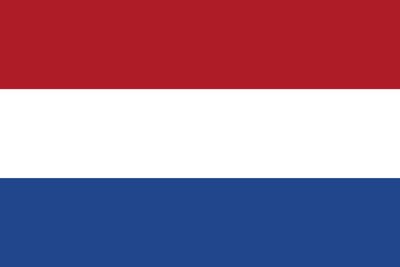 Nederlands
Nederlands
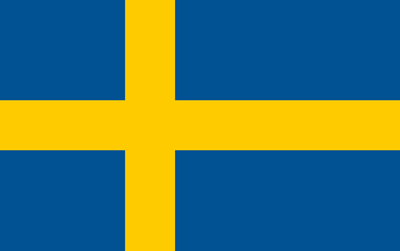 Svenska
Svenska
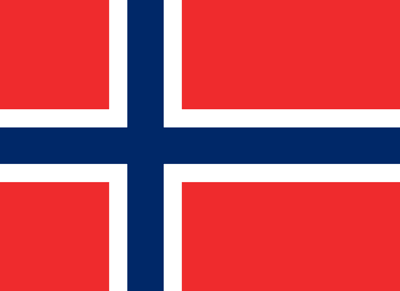 Norsk
Norsk
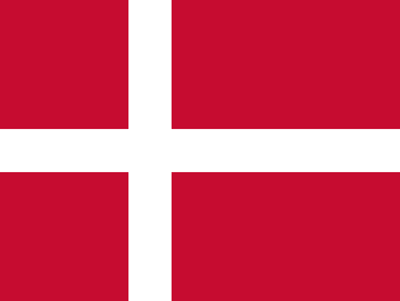 Dansk
Dansk
 Suomi
Suomi
 Espanol
Espanol
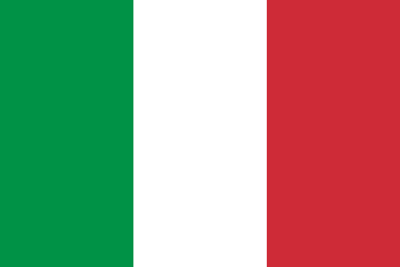 Italiano
Italiano
 Portugues
Portugues
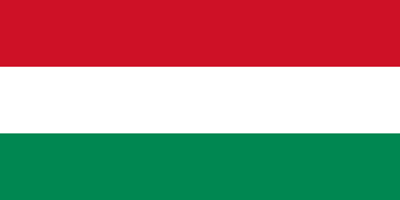 Magyar
Magyar
 Polski
Polski
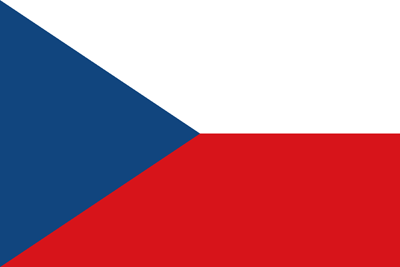 Cestina
Cestina
 Русский
Русский